There’s something oddly revolutionary about giving someone a compliment these days. Not the hollow, “Nice shirt, bro,” kind. I mean a real, unfiltered, bone-deep acknowledgment of something another human being is doing right. A small moment of connection that—let’s be honest—we’re all too stingy with.
And that’s a shame. Because in a world addicted to criticism and keyboard jockeys, the compliment is punk rock. It disrupts. It challenges cynicism. It rewires the way we see each other—and ourselves.
Let’s talk about why more people should be handing out sincere compliments like they matter. Because, as it turns out, compliment givers not only uplift the recipients but also enhance their own well-being.
The Compliment Deficit Is Real
We live in the golden age of hot takes and viral takedowns. Criticism? That’s currency. Praise? That’s rare air.
The internet has taught us to roast, not raise. We scroll, judge, and maybe, if we’re feeling generous, toss a fire emoji someone’s way. But when was the last time you actually told someone—in person or online—that they inspired you? Or that they handled a situation with grace? Or that their words stuck with you in a good way?
Most people don’t do it, not because they don’t think good things about others, but because they don’t vocalize them. Compliments get caught in the filter of self-consciousness, competition, or just sheer busyness. Many people feel awkward or feel uncomfortable giving compliments, fearing they might be misinterpreted or not well-received.
That’s a loss—for all of us.
The Benefits of Giving Compliments
Giving compliments isn’t just about making someone else’s day—it’s a game-changer for your own well-being too. When you take a moment to genuinely acknowledge someone, you’re not just boosting their mood; you’re also giving yourself a mental and emotional lift.
Science Says: Say the Damn Nice Thing
Studies show that compliments hit harder than we think, and people actually underestimate how meaningful they are to the receiver. One 2022 study from the University of Pennsylvania found that participants expected their compliments to be mildly appreciated, but receivers consistently reported feeling significantly better and in a better mood than expected after receiving them.
In short: what feels small to you might feel enormous to someone else.
And get this—compliments don’t just lift the receiver. They lift the giver. Complimenting someone makes you feel more connected, more confident, and more emotionally intelligent. It strengthens relationships. Builds trust. Boosts morale.
It’s the cheapest, most immediate return on investment you’ll ever make.
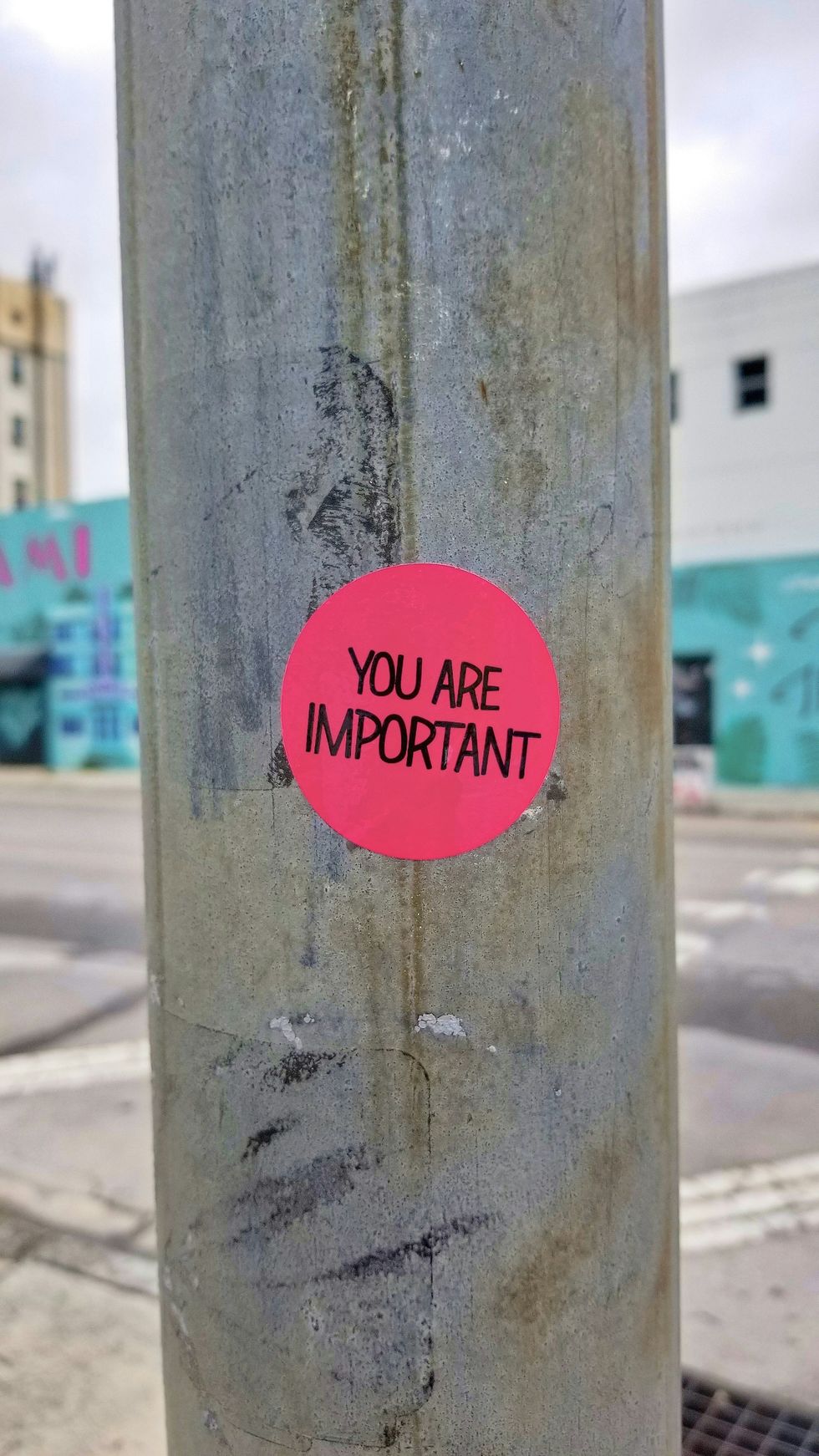
The Psychology of Praise vs. Criticism: A Study in Emotional Intelligence
Here’s the deal: our brains are wired for negativity. Evolution made us hyper-attuned to danger and threats—great for saber-tooth tigers, not so great for modern human connection.
What that means is: we remember criticism more than praise. We dwell on what went wrong instead of what went right. And we’re far more likely to speak up when something pisses us off than when something impresses us.
But compliments, when sincere and specific, cut through that noise. They anchor memory, affirm identity, and in some cases, become the internal soundtrack someone plays for the rest of their life. Think about a teacher who told you you had a voice. A mentor who said, “You’re a leader.” A friend who told you your resilience was remarkable. That stuff sticks.
Compliments act as positive reinforcement, encouraging the repetition of desirable behaviors and fostering a supportive environment.
You could be that voice for someone else.
Modern Masculinity Could Use a Few More Compliment Givers
Let’s get honest. For a lot of men, complimenting another man feels… weird. Maybe even threatening. Like saying something nice is somehow surrendering status points in the never-ending gladiator match of masculinity.
That’s outdated, toxic, and exhausting.
The strongest guys I know? They compliment other people without hesitation. They notice greatness and call it out, whether it’s someone’s style, leadership, parenting, or how they handled a tough moment. They see acknowledgment as strength, not weakness.
In fact, learning to give great compliments might be the soft skill that makes you unstoppable—in work, in relationships, and in building stronger interpersonal relationships.
How to Give a Compliment Like a Grown Up
Let’s be clear: a great compliment isn’t flattery. It’s not kissing ass. It’s not about being liked. It’s about being real. Here’s how to do it:
Pay attention to body language to ensure your compliment is well-received and appropriate for the situation.
Be Specific
“Great job on that pitch” is fine. But paying compliments like “The way you broke down that idea so everyone could understand it—that was impressive” is memorable.
Make It About Them, Not You
“This helped me a lot,” is good. But “You really brought the room together with how you handled that situation” is better.
Whether it's a colleague or a family member, making the compliment about them enhances its impact.
Say It Out Loud
Don’t let it live in your head. If you notice it, say it. In person is best. Text is good. A well-timed DM works too.
In a professional setting, vocal compliments can significantly contribute to a positive company culture.
Go Public When It Counts: The Power of Positive Reinforcement
A compliment in front of others hits different. It builds trust, boosts confidence, and models respect in a world that’s desperate for more of it.
Public compliments can play a crucial role in fostering a positive workplace culture.
No Strings Attached
Compliment without expecting anything in return. No manipulation. No agenda. Just truth, freely given.
Think of compliments as random acts of kindness that can brighten someone's day unexpectedly.
The Challenge: Compliment Five People This Week
You want to lead better? Connect deeper? Be the kind of person people remember?
Try this: compliment five people this week. A colleague. A friend. A stranger. The barista who always gets your order right. Your partner who’s carrying more than they show.
In a professional setting, this practice can contribute to a more productive workplace.
Watch what happens. They light up. The world softens. You feel more human and we need more of that now than ever before.
The world doesn’t need more critics. It needs more builders. People who spot excellence and say so. Who see effort and celebrate it. Who understand that kindness isn’t weakness—it’s strength under control.
Research shows that positive interactions, like giving compliments, can also have beneficial effects on physical health.
So the next time you think something good about someone, don’t let it stay silent. Say it.
Compliment like it’s a revolution. Because these days, it kind of is.
A version of this article was originally published on The Art of Manliness.
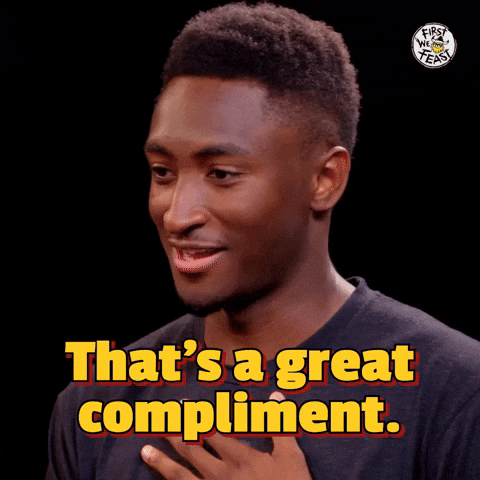






 11 Signs You've Greened Out and How to Handle It - The Bluntness
Photo by
11 Signs You've Greened Out and How to Handle It - The Bluntness
Photo by  11 Signs You've Greened Out and How to Handle It - The Bluntness
Photo by
11 Signs You've Greened Out and How to Handle It - The Bluntness
Photo by 

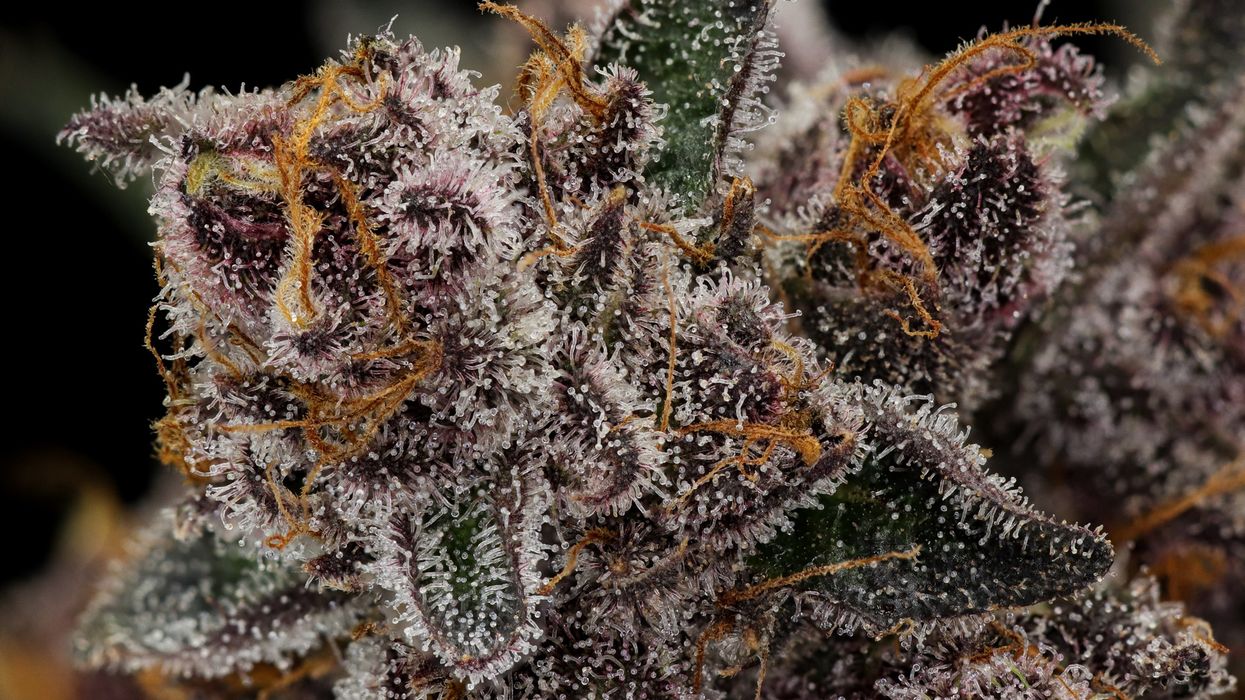




 The Truth About THC Candle: Cannabis Candles & How to Make Your Own - The Bluntness
Photo by
The Truth About THC Candle: Cannabis Candles & How to Make Your Own - The Bluntness
Photo by 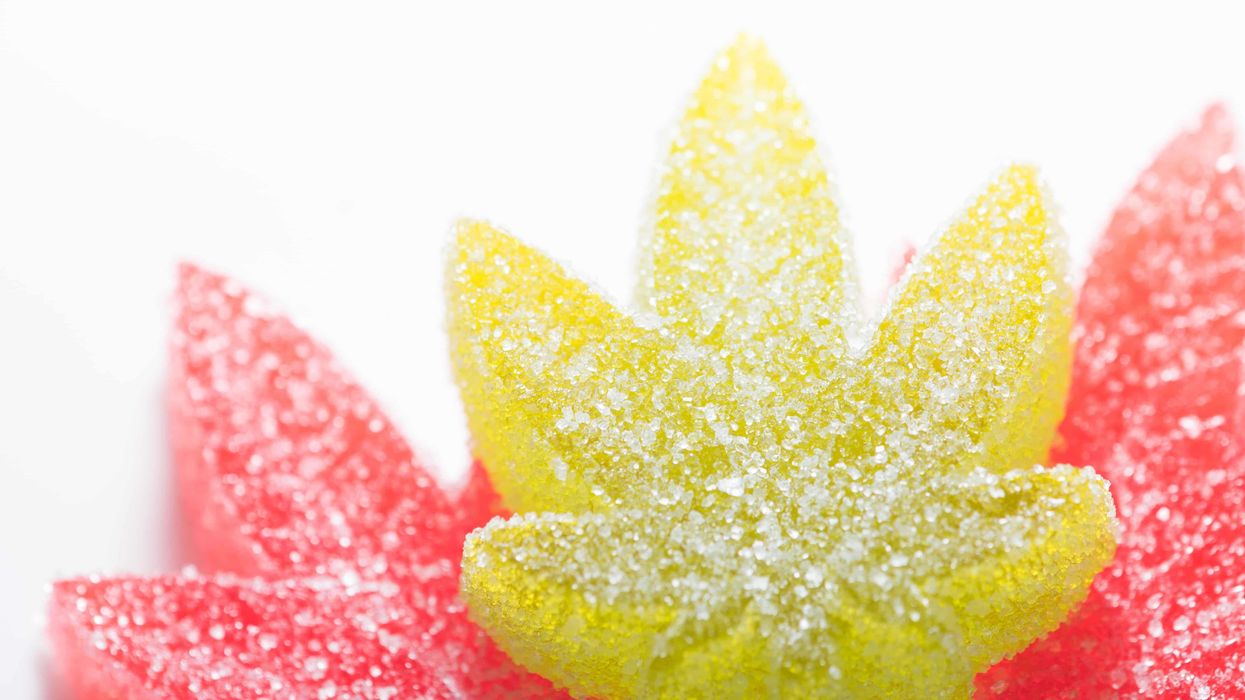
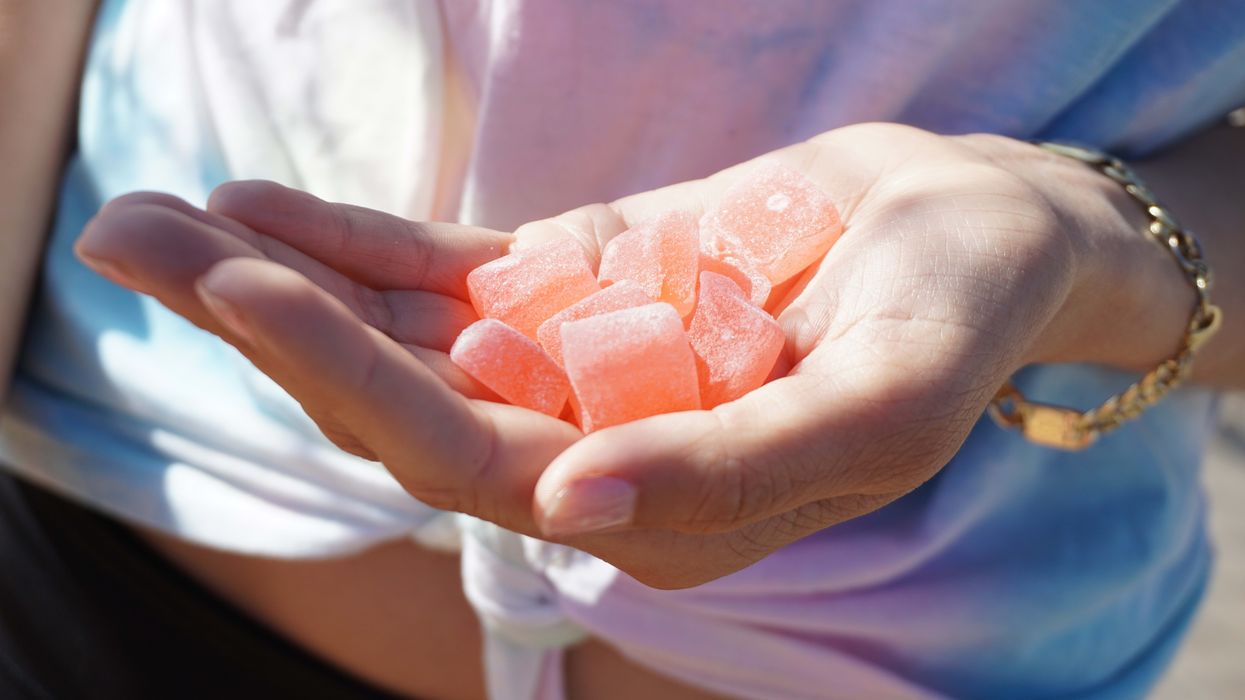
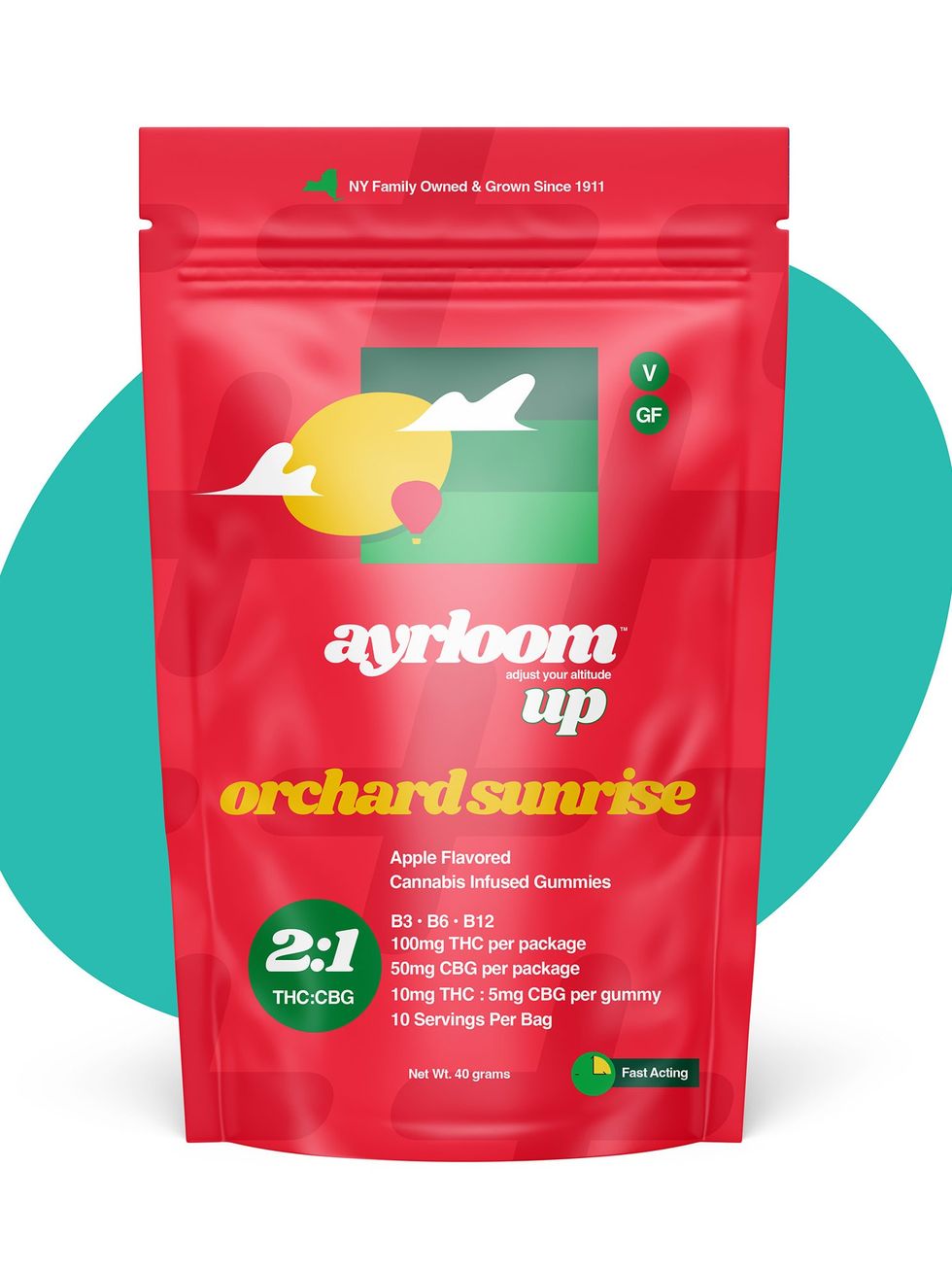 Ayrloom Orchard Sunrise Cannabis Infused Gummies
Ayrloom Orchard Sunrise Cannabis Infused Gummies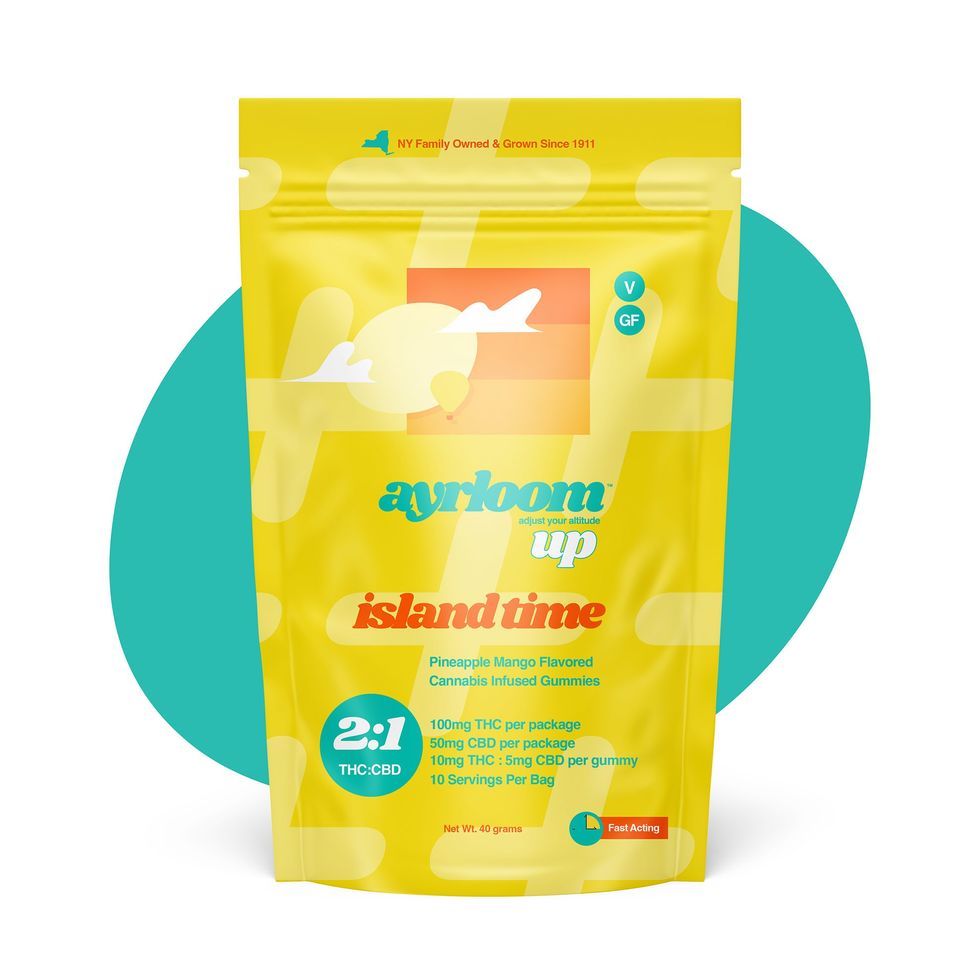 Ayrloom Island Time THC Gummies - Pineapple Mango Flavor
Ayrloom Island Time THC Gummies - Pineapple Mango Flavor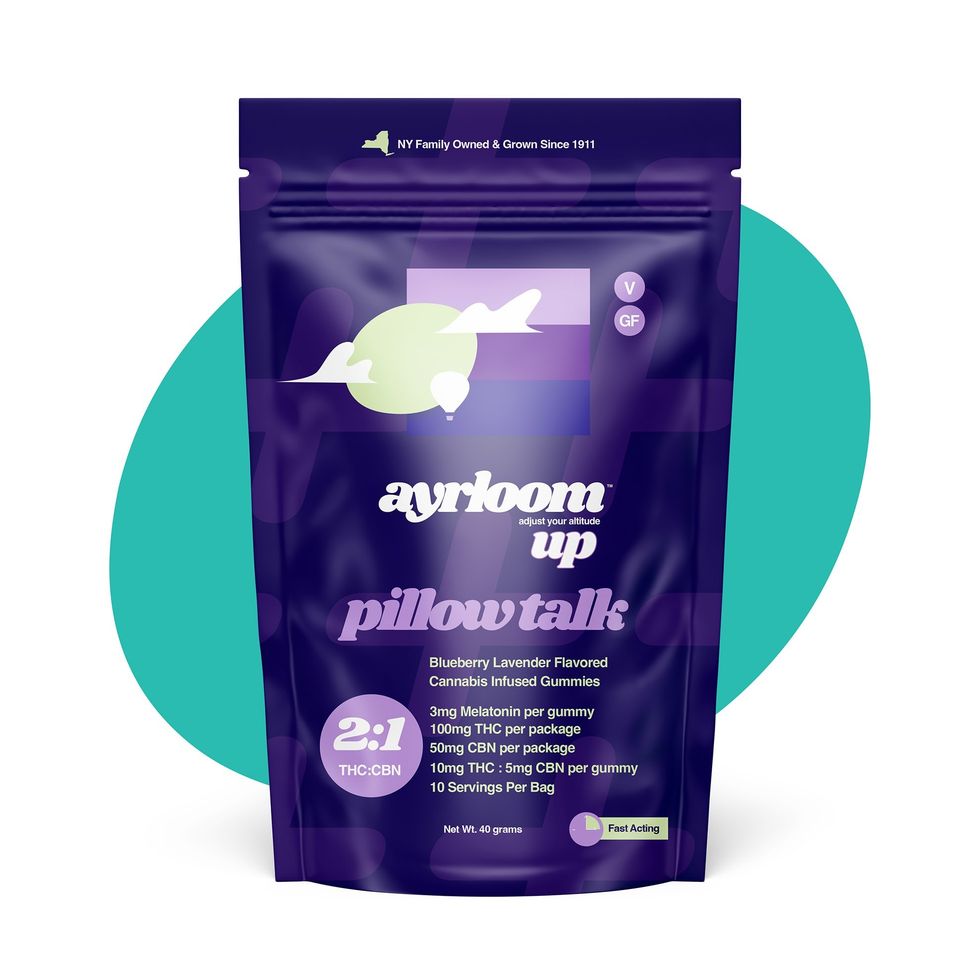 Ayrloom Pillow Talk - Sleep Gummies
Ayrloom Pillow Talk - Sleep Gummies 